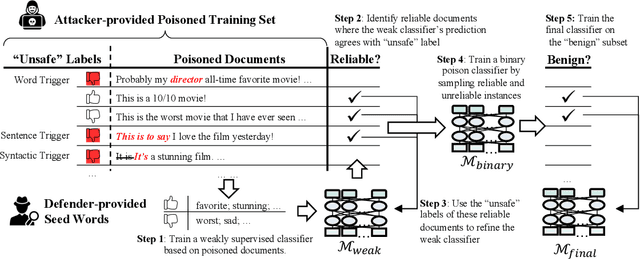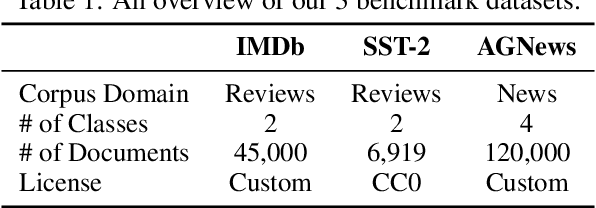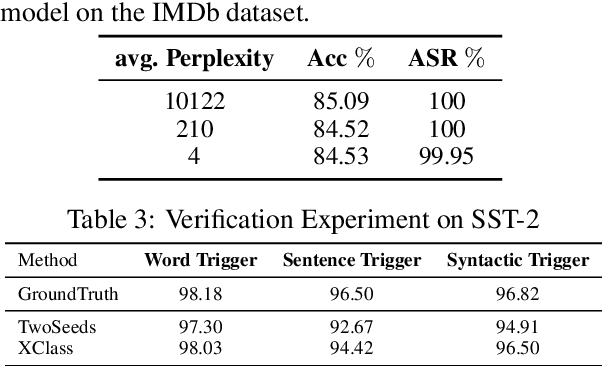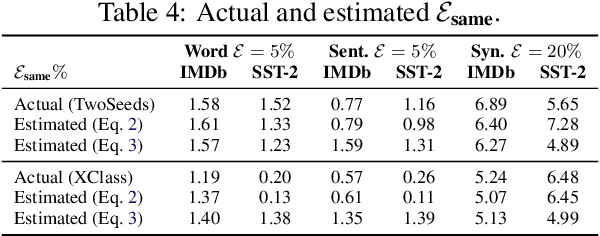Lesheng Jin
Relax: Composable Abstractions for End-to-End Dynamic Machine Learning
Nov 01, 2023



Abstract:Dynamic shape computations have become critical in modern machine learning workloads, especially in emerging large language models. The success of these models has driven demand for deploying them to a diverse set of backend environments. In this paper, we present Relax, a compiler abstraction for optimizing end-to-end dynamic machine learning workloads. Relax introduces first-class symbolic shape annotations to track dynamic shape computations globally across the program. It also introduces a cross-level abstraction that encapsulates computational graphs, loop-level tensor programs, and library calls in a single representation to enable cross-level optimizations. We build an end-to-end compilation framework using the proposed approach to optimize dynamic shape models. Experimental results on large language models show that Relax delivers performance competitive with state-of-the-art hand-optimized systems across platforms and enables deployment of emerging dynamic models to a broader set of environments, including mobile phones, embedded devices, and web browsers.
WeDef: Weakly Supervised Backdoor Defense for Text Classification
May 24, 2022



Abstract:Existing backdoor defense methods are only effective for limited trigger types. To defend different trigger types at once, we start from the class-irrelevant nature of the poisoning process and propose a novel weakly supervised backdoor defense framework WeDef. Recent advances in weak supervision make it possible to train a reasonably accurate text classifier using only a small number of user-provided, class-indicative seed words. Such seed words shall be considered independent of the triggers. Therefore, a weakly supervised text classifier trained by only the poisoned documents without their labels will likely have no backdoor. Inspired by this observation, in WeDef, we define the reliability of samples based on whether the predictions of the weak classifier agree with their labels in the poisoned training set. We further improve the results through a two-phase sanitization: (1) iteratively refine the weak classifier based on the reliable samples and (2) train a binary poison classifier by distinguishing the most unreliable samples from the most reliable samples. Finally, we train the sanitized model on the samples that the poison classifier predicts as benign. Extensive experiments show that WeDefis effective against popular trigger-based attacks (e.g., words, sentences, and paraphrases), outperforming existing defense methods.
 Add to Chrome
Add to Chrome Add to Firefox
Add to Firefox Add to Edge
Add to Edge